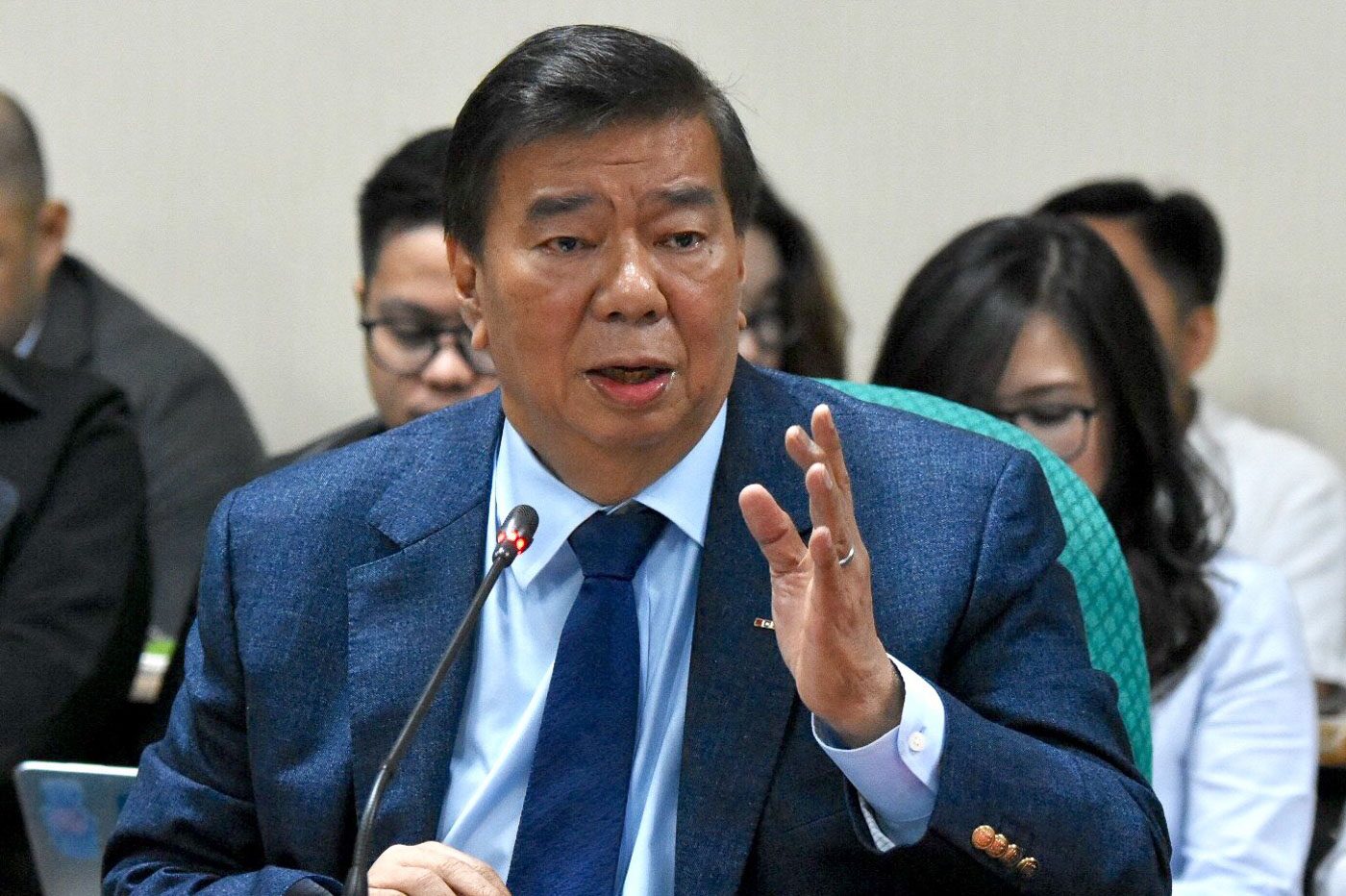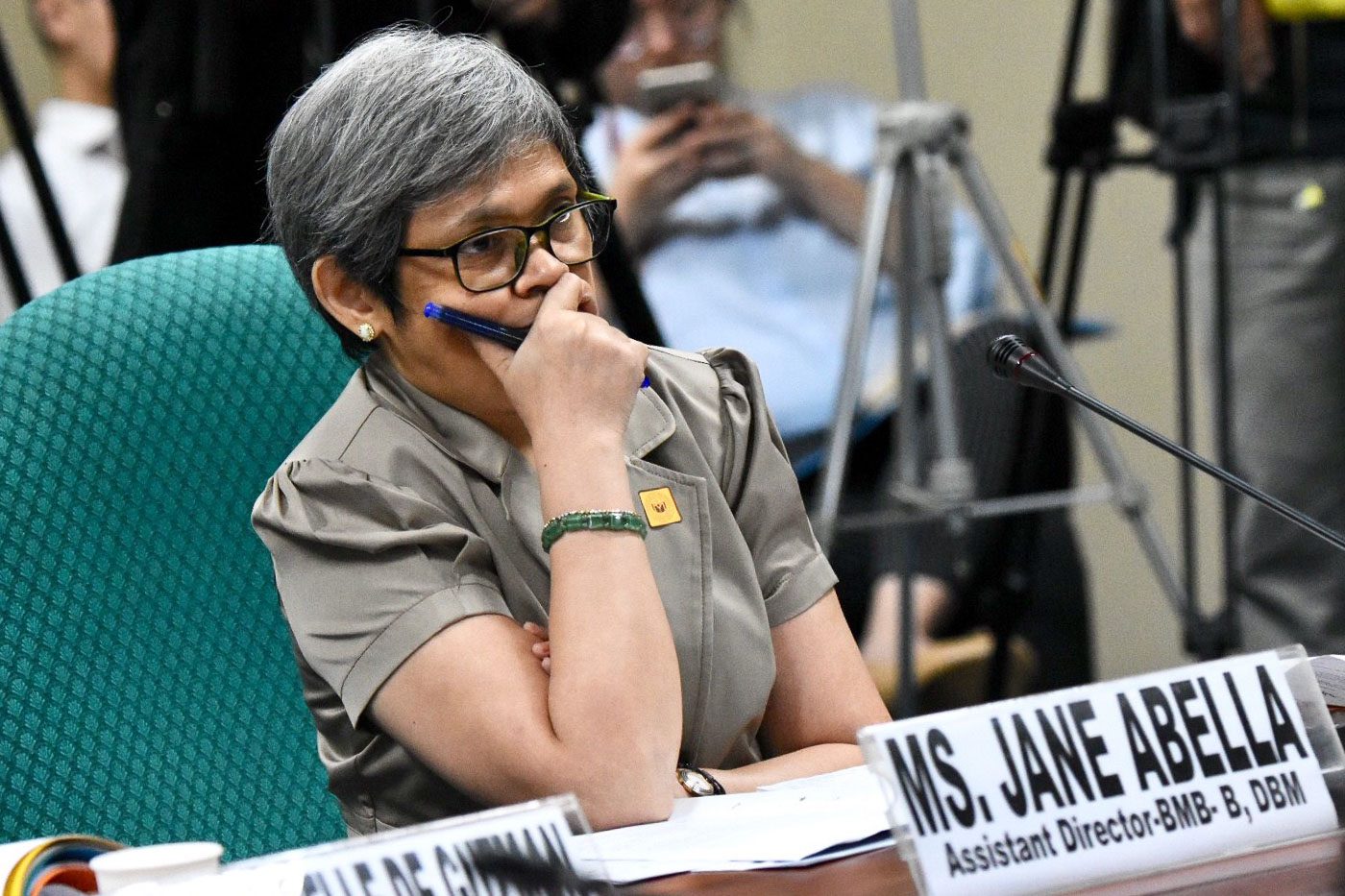SUMMARY
This is AI generated summarization, which may have errors. For context, always refer to the full article.

MANILA, Philippines – Senate Minority Leader Franklin Drilon slammed the Department of Budget and Management (DBM) for allocating lower funds to programs of the Department of Health (DOH) in its proposed 2019 budget.
This may affect the delivery of primary health services to communities, he said.
Drilon called out the DBM for what he described was a “punishment” to the health department. Funds for the DOH’s Health Facilities Enhancement Program (HFEP) saw a decrease to P50 million in its proposed 2019 budget, from P30.26 billion in 2018.
“I cannot imagine that the budget for HFEP from P30.26 billion in 2018 [decreased] to P50 million. This is something really unusual. This is something really worrisome. I have never seen this kind of a drop,” Drilon said.
The DOH’s HFEP is considered a crucial program as it takes care of ensuring there are barangay health stations present in communities.
Asked why the DBM would allocate significantly less funds despite this, DBM Assistant Director Jane Abella attributed it to the poor utilization of the program’s funds. She said of the P30 billion that was allocated for the DOH’s HFEP in 2018, only 30% or P9.2 billion was obligated while about 6.8% or P2.44 billion was disbursed.
“Given the performance of the DOH under HFEP and based on the discussion between [Health] Secretary [Francisco] Duque and [Budget] Secretary [Benjamin] Diokno, they need a careful assessment of the program because of the many backlogs,” Abella said.
“Kung bibigyan pa siya ng additional na pondo, parang magpa-pile up pa ‘yung mga dapat pong gagawin,” she added. (If additional funds are given, this may just pile up work that needs to be finished.)
Health Secretary Francisco Duque III also told senators that discussions with Budget Secretary Benjamin Diokno over the lower allocation were so that the DOH could catch up with unfinished projects. However, Duque said the DOH would still need about P16 billion to do this.
The P16 billion, Duque said, is to be sourced from the supplemental budget Congress would pass. It will be used to finish projects which were at least 70% complete.
Abella said this amount was not included in the DOH’s budget as health officials were unable to provide details for the program’s proposed amount at the time the budget was being crafted.
No sense: But Drilon once again questioned the need for a supplemental budget, considering the 2019 National Expenditure Program (NEP) has not yet been passed.
“I cannot understand why when we are crafting a budget for 2019, this early we already are talking about a supplemental budget…. What prevents us from allocating already P16 billion today and make it part of the NEP rather than a supplemental budget?” Drilon said.

The senator went on to castigate the DBM for withholding funds for the program and asked that the budget department submit errata to amend the proposed budget for the health department’s programs.
“The budget is only an authority to spend. If this lousy secretary, in your view, does not perform in accordance with what you expect, you withhold the releases because that is only an authority. Why are we already saying at this stage, we will not give you any authority by making you budget only P50 million? I do not understand that,” he said.
Drilon also warned that relying on a supplemental budget would become a “pattern” that would follow in other programs of the department.
“Ask your secretary to amend the NEP vis-a-vis the DOH because that is the only decent thing to do, that is the only rational thing to do,” he said.
Restore budget: Besides the health department’s HFEP, its Health Human Resources Deployment (HHRD) also saw funds clipped from about P9.6 billion in its 2018 budget, to around P1.2 billion. The HHRD is a program that takes care of assigning health workers to rural areas and poor communities.
Duque earlier warned lower funds for the program may result in the loss of about 15,012 health workers’ jobs. This, despite the DBM’s move to transfer the program’s funds to the Miscellaneous and Personnel Benefit Fund (MPBF) in order to regularize health workers.
Duque earlier said it was still possible that some workers will lose their jobs as funds remain “insufficient.” (READ: Job losses seen under lower proposed DOH budget)
In a statement, Senator Risa Hontiveros vowed to fully restore the DOH’s budget as the cut would be a “massive setback in our goal to provide our people universal health care.”
Senator Grace Poe likewise hit the lower allocation, which “crippled essential health services for the poor.”
Drilon added: “No additional hiring is bad, but reducing it by 15,000 personnel is worse. I will not allow the budget to be passed unless this injustice is addressed.”
Under the cash-based budgeting system, the DOH is one of the agencies often cited by lawmakers with “deep cuts” in its proposed 2019 budget. The DOH’s proposed 2019 budget – P74.1 billion – is lower by about P35.7 billion from its 2018 budget of P109.8 billion. – with reports from Camille Elemia/Rappler.com
Add a comment
How does this make you feel?
There are no comments yet. Add your comment to start the conversation.